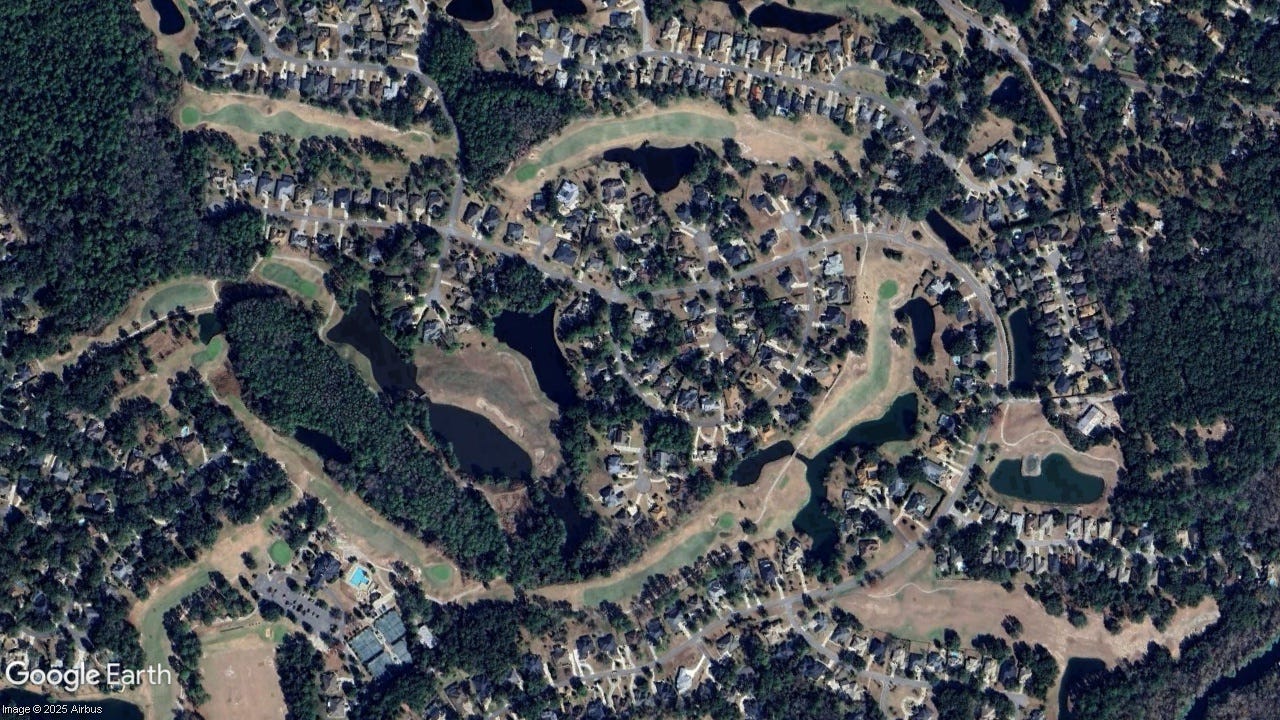Many in Clay Want Slower Growth. A New Law Makes That Harder To Do
Local Governments Sue Over SB 180, But Not Ours
The author has covered politics and government in Florida for more than two decades, most recently for Bay News 9. This story first appeared on the Florida Phoenix news outlet on September 3. It is reprinted here with permission.
By MITCH PERRY
Manatee County Commissioners have voted to join a lawsuit challenging a new state law (SB 180) that restricts local governments from regulating developments.
Recently, they joined 10 other local governments in the state, including Orange County and the cities of Alachua and Stuart, that have joined a prospective lawsuit contending that the law is an unconstitutional infringement on home rule. They want to see it repealed.
During his press conference in eastern Hillsborough County Wednesday, the Phoenix asked the governor what he makes of local governments that say that the measure precludes them from managing growth in their communities.
“I have vetoed bills that have tried to pre-empt local [control] in the past,” DeSantis said at the end of a lengthy press conference centered on his plan end to vaccine mandates in Florida.
“I’ve signed bills that have done it. And kind of on this one the reason why I thought these people needed relief is because their home gets damaged by a major hurricane. They want to go out and restore their home to what it was like before the storm hits, and the local governments are telling them, ‘You can’t do it. You gotta do something else.’
“What right do they have to tell you that you can’t rebuild your home?” he said to a cheering crowd. “This isn’t California. This is Florida.”
The governor’s response emphasized what the bill sponsor, Pinellas County Republican Sen. Nick DiCeglie, said during the session was his motivation for the legislation: to streamline restoration efforts and improve emergency response coordination following a major storm.
The lawmaker said that he had heard from too many of his constituents in Pinellas County after the devastating one-two punch of hurricanes Helene and Milton last fall who faced roadblocks and excessive bureaucracy from local governments when trying to restore their properties.
Problematic Provision
However, a provision of the proposal that was barely mentioned at all during the bill’s journey to becoming law is what is inspiring local lawmakers to pursue litigation. That provision bars new local land-use or development regulations considered “restrictive or burdensome,” even if they are completely unrelated to storm recovery.
The law also specifies that “any person” can serve a local government with notification of intent to sue on belief that the government has violated the law. The local government then has 14 days to correct any problem. If the government chooses to repeal the restriction, any case would be dropped. If it declines to repeal, that person can go ahead and file a lawsuit.
Local officials say that the phrase “more restrictive or burdensome” is hopelessly vague and/or subjective, and that it incentivizes lawyers for developers, land owners, and interest groups to challenge almost any regulatory or procedural change a local government makes.
The provision “is the largest intrusion into home rule authority of local governments since the Florida Constitution was adopted in 1968,” said Fort Lauderdale attorney Jamie Cole, who is working on filing a lawsuit against SB 180 for the local governments later this month.
Current Restrictions
Among the policies environmental groups like 1000 Friends of Florida say local governments can be restricted from enacting now because of the new law include:
Identifying appropriate locations, standards and densities for new development.
Protecting sensitive environmental and agricultural lands.
Managing water quality and supply (including stormwater).
Enhancing community resilience to lessen impacts from and costs of natural disasters.
Raising impact fees to keep up with increasing costs of infrastructure to accommodate new development.
“They may be challenging other provisions, I didn’t write the bill,” DeSantis added on Wednesday.
“There may be things in there that in a perfect world I would not have necessarily agreed to, but I did feel compelled to stand up for the homeowners who were getting stymied by local governments, and I thought that they deserved the right to be able to restore their property to where it was prior to the storm.”
“Basically what he’s saying is that he viewed this just as most of the legislators, who think that this is dealing with recovery after emergencies, after hurricanes,” said Cole. “If your house is destroyed, you want the ability to rebuild your house right away. You don’t want the government getting involved. Absolutely,” he said, laughing. “That is fine.”
“The problem is this bill goes way beyond that and deals with situations that have nothing to do with hurricanes and emergencies.”


